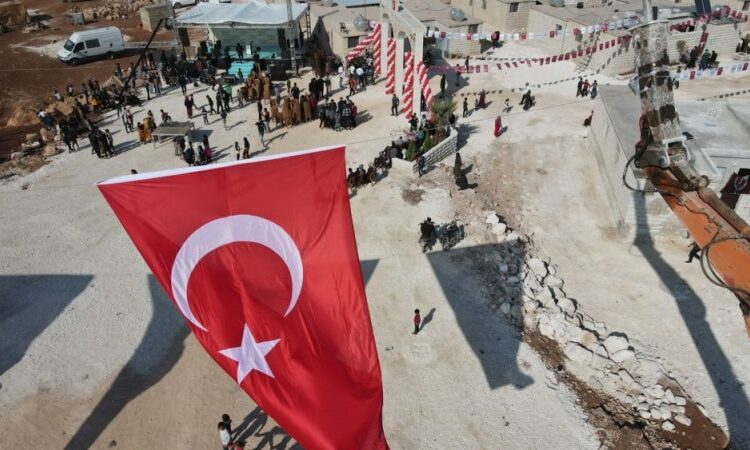
The EU’s refugee funding for Turkey does not have enough impact, while the European Commission has failed to present a sufficient cost analysis and long-term plan, according to an EU auditors’ report published on Wednesday (24 April).
“We found weaknesses in the Commission’s assessment of project costs, as it did not systematically assess the reasonableness of costs, compare similar costs between different projects or calculate the cost per beneficiary,” according to the European Court of Auditors (ECA) report.
Under a 2016 EU-Turkey migration deal, the bloc committed to providing at least €6 billion – half from the EU budget and half directly from member states – to assist Ankara in managing the influx of migrants coming from Syria.
In exchange, Turkey pledged to prevent migrants from crossing to Europe.
While deliverables of the so-called Facility for Refugees in Turkey (FRIT) are being implemented, “there was insufficient measuring of the Facility’s impact and sustainability has so far only been ensured for infrastructure projects, but not for some projects in the education, health, and socio-economic support sectors”, the ECA report stated.
While the €6 billion has met the needs of refugees and their host communities in Turkey, the projects funded are delayed, said the EU auditors.
Further, the EU’s executive had also failed to present a sufficient cost analysis, with no indication of what would happen should the bloc’s financial contributions end, the report stated.
“The facility is beneficial for refugees and host communities, but we would still like to see improvements in terms of demonstrating impact, ensuring sustainability, and value for money,” Bettina Jakobsen, the author of the ECA report, told reporters.
“It is far from certain what will happen with the projects in Turkey after EU aid runs dry,” Jakobsen added.
Asked by Euractiv what happens when the EU’s financial contributions stop, Jakobsen responded, “It is for the EU policymakers to decide whether and in what shape to continue the funding or not.”
“Generally speaking for such types of aid, political will is also very important to ensure sustainability and impact,” she added.
[Edited by Rajnish Singh]







